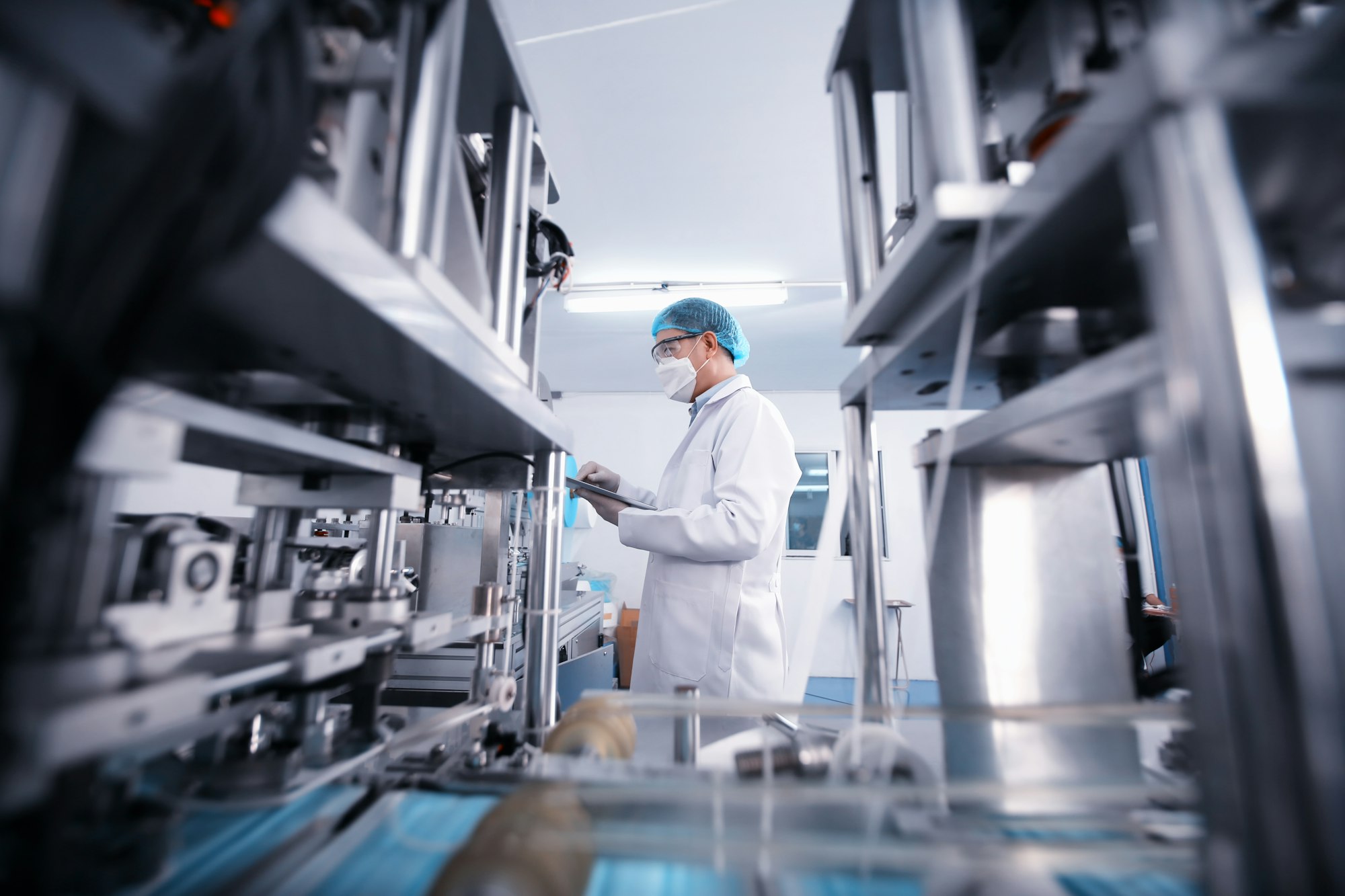By mixing biology, advanced computer programs, and lots of data, we’re seeing big changes in health care. At a big tech event held by Nvidia, Jensen Huang said that we are at a point where we can start to engineer biology rather than just study it.

New Health Solutions Thanks to AI and Biology
The meeting point of AI and biology is opening up new ways to treat diseases and create diagnostic tools. Leaders in the tech and business world, like Micha Breakstone from Somite.ai, believe that this is the future of medicine.
The Challenge of Engineering Biological Treatments
Turning biological ideas into actual treatments is really complicated. Allon Klein, who helped start Somite.ai, says making these therapies is the toughest yet, as it involves guiding cells to behave in very specific ways.
AI in Diagnostics: Changing How We Detect Diseases
Companies like AEYE Health are using AI to make devices that can diagnose diseases on their own. The FDA recently approved AEYE Health’s tool for detecting eye disease in diabetes patients. Tools like this are important because they can catch diseases early and help prevent worse problems like blindness.
FDA Supports AI in Health Innovations
The FDA, the agency in charge of approving medical devices, has given the green light to over 171 AI-powered tools. They recognize how important AI is in creating new health technologies and the fast growth in approvals shows that this area is expanding quickly.
The Benefits of AI in Medicine
AI can help solve medical problems that are too complex for traditional methods. Aviv Regev, an expert in combining biology and computer science, points out that AI is great for understanding and finding new things in the huge, complex world of biology.
Turning Biology into an Engineering Field
Using AI and tools like genetic editing is changing biology from a science into an engineering discipline. Founders of SCiFi Foods, Joshua March and Kasia Gora, believe this shift is creating new ways to work with and change biological systems.
Investors Are Excited About AI in Health Care
Investors are really interested in the potential of AI to transform health care. There’s been a lot of money put into health tech startups, especially those using AI, showing that investors are confident in the growth and potential of this field.
Learn about how AI and biology together are making big changes in health care, from creating new treatments to improving how we diagnose diseases. See how these AI solutions are pushing medicine forward.

Frequently Asked Questions
- What does it mean to “engineer” biology?
Engineering biology involves using tools from science and technology to design and construct new biological parts, devices, and systems, or to redesign existing, natural biological systems for useful purposes. This approach can help in developing targeted therapies, improving diagnostic tools, and creating more effective treatments in medicine. - How does AI improve diagnostics in healthcare?
AI improves diagnostics by processing large amounts of data quickly and accurately, which helps in identifying diseases early. For instance, AI-powered devices can analyze images or other medical data with high precision, spotting potential health issues that a human might miss. This capability is especially valuable in early disease detection and prevention, as seen with AEYE Health’s diabetic retinopathy screening tool. - Why are investors interested in AI-driven healthcare?
Investors see AI-driven healthcare as a growth area because of its potential to significantly improve how medical care is delivered and managed. AI can streamline processes, enhance diagnostic accuracy, personalize treatment plans, and ultimately reduce healthcare costs, all of which promise a high return on investment. The increasing number of successful AI applications in health further boosts investor confidence.
Sources Bloomberg


